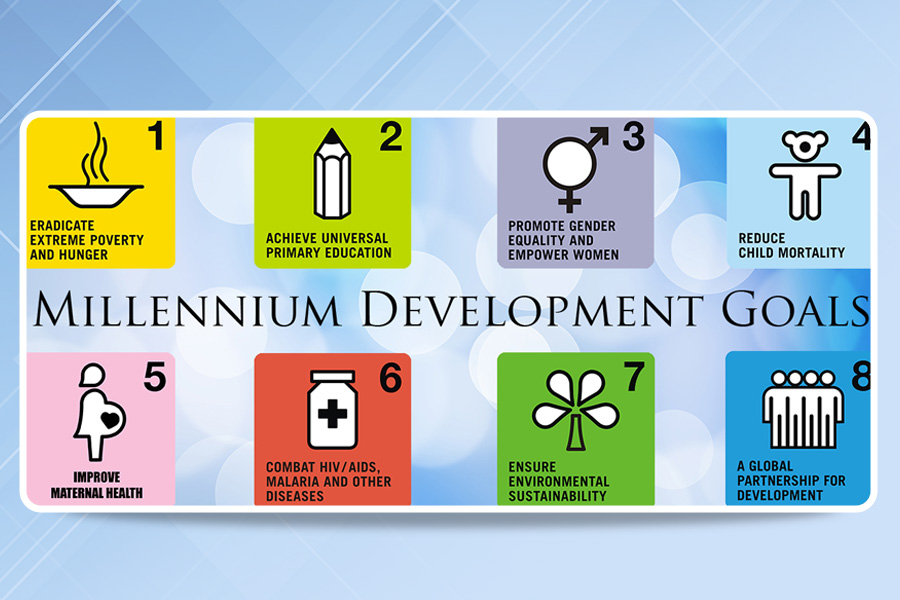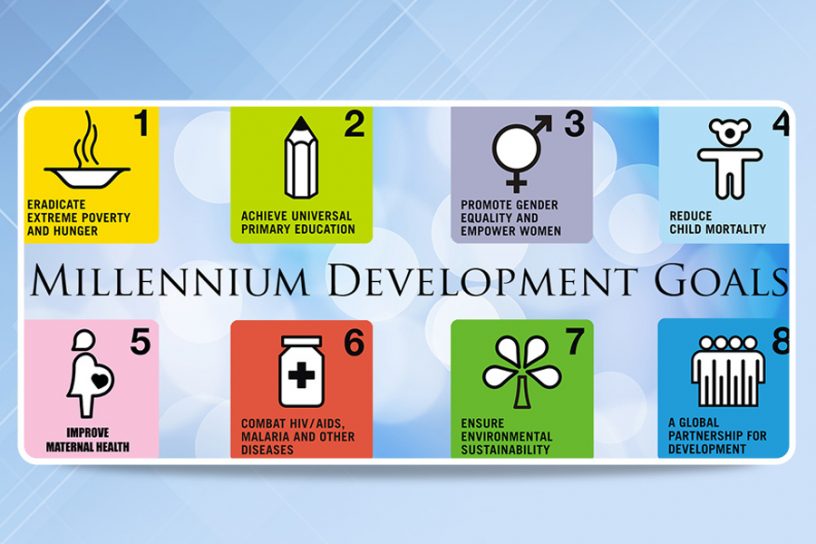
Without the introduction of gender-specific quotas within local bodies in Zambia, the newly instituted Sustainable Development Goals will see growing difficulty in achieving progress.
Authors
Keerty Nakray, Jindal Global Law School, O.P. Jindal Global University, Sonipat, Haryana, India.
Nellie Musamba Kafukanya, Ipsos Global, Lusaka, Zambia.
Summary
This paper evaluates the progress made by Zambia on the third Millennium Development Goal (MDG) of increasing the political participation of women in urban areas. Based on Nancy Fraser’s framework of redistribution-recognition-participatory parity we demonstrate that women’s political participation in Zambia is thwarted by a range of historical, economic, socio-cultural and political factors along with specific factors in urban areas such as long work hours, the informal economy and lack of familial support.
It concludes that without the introduction of gender-specific quotas within local bodies in Zambia, the newly instituted Sustainable Development Goals will see growing difficulty in achieving progress.
Published in: Development Southern Africa
To read the full article, please click here.


